Animals
-
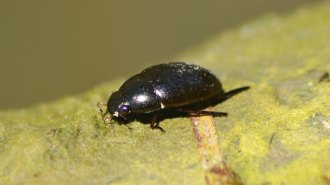 Animals
AnimalsThese beetles walk on water, upside down, underneath the surface
Many insects can skate atop the water’s surface thanks to water tension, but one beetle can apparently tread along the underside of this boundary.
By Jake Buehler -
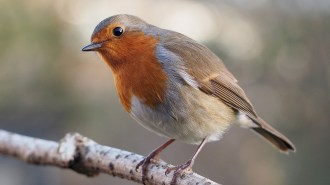 Animals
AnimalsA proposed ‘quantum compass’ for songbirds just got more plausible
Quantum physics could be behind birds’ magnetic sense of direction, new measurements indicate.
-
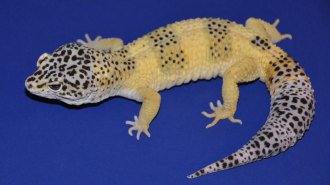 Animals
AnimalsHow a gecko named Mr. Frosty could help shed new light on skin cancer
The distinctive coloring and skin tumors of a type of gecko called Lemon Frost have been pegged to a gene implicated in human skin cancer.
-
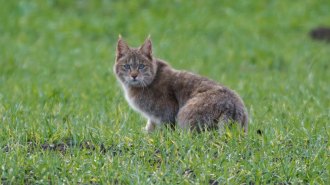 Animals
AnimalsChinese mountain cats swap DNA with domestic cats, but aren’t their ancestors
DNA suggests little-studied Chinese mountain cats have been rendezvousing with pet cats on the Qinghai-Tibetan Plateau since the 1950s.
-
 Animals
Animals‘Fathom’ seeks to unravel humpback whales’ soulful songs
The film ‘Fathom’ on Apple TV+ follows the quest of researchers on the ocean’s surface to decipher the eerie symphony of humpback whale calls below.
By Jake Buehler -
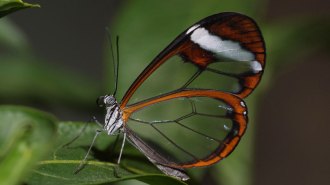 Animals
AnimalsNew images clarify how glasswing butterflies make their wings transparent
Close-up views of glasswing butterflies reveal the secrets behind the insect’s see-through wings: sparse, spindly scales and a waxy coating.
-
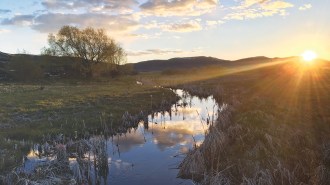 Ecosystems
EcosystemsAs ‘phantom rivers’ roar, birds and bats change their hunting habits
A massive experiment in the Idaho wilderness shows it’s not just human-made noises that impact ecosystems. Natural noises can too.
By Nikk Ogasa -
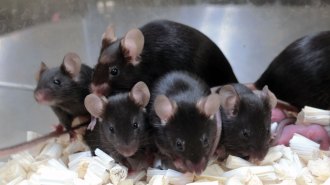 Animals
AnimalsMouse sperm thrived despite six years of exposure to space radiation
A space station experiment suggests future deep-space explorers don’t need to worry about passing the effects of space radiation on to their children.
-
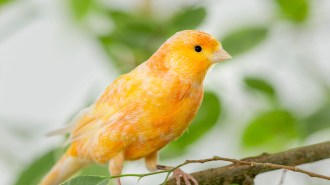 Animals
AnimalsThe mere sight of illness may kick-start a canary’s immune system
Healthy canaries ramp up their immune systems when exposed to visibly sick birds, without actually being infected themselves.
-
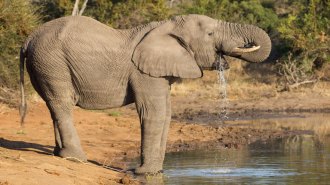 Animals
AnimalsNewly recognized tricks help elephants suck up huge amounts of water
New ultrasound imaging reveals what goes on inside a pachyderm’s trunk while feeding. It can snort water at the rate of 24 shower heads.
By Sid Perkins -
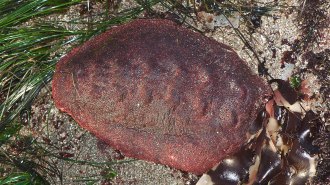 Animals
AnimalsThe teeth of ‘wandering meatloaf’ contain a rare mineral found only in rocks
The hard, magnetic teeth of the world’s largest chiton contain nanoparticles of santabarbaraite, a mineral never seen before in biology.
-
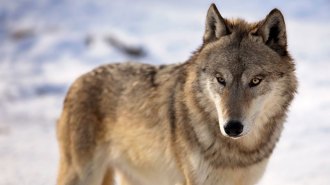 Animals
AnimalsGray wolves scare deer from roads, reducing dangerous collisions
The predators use roads as travel corridors, creating “a landscape of fear” that keeps deer away and saves millions of dollars a year, a study finds.
By Jack J. Lee